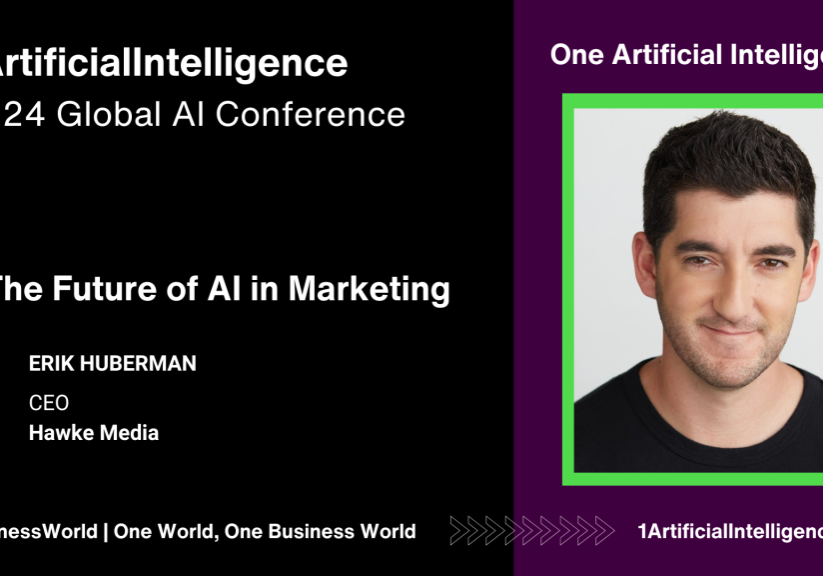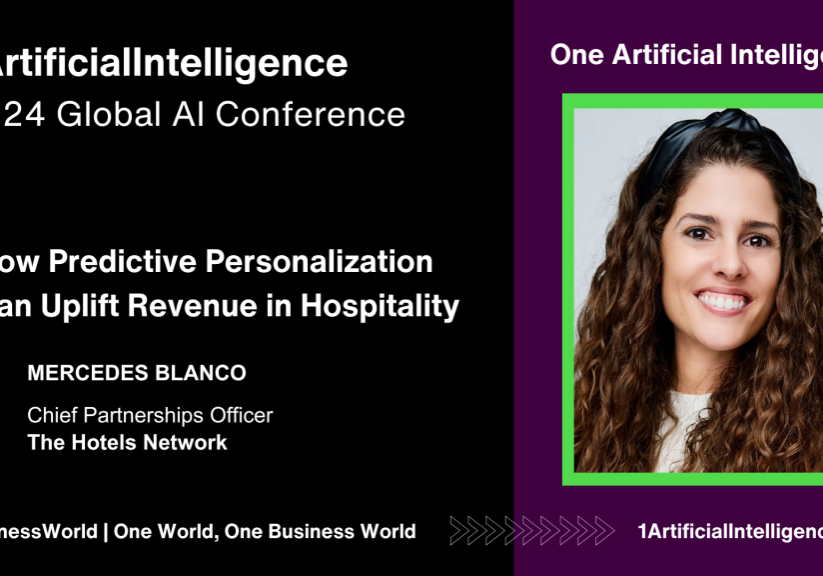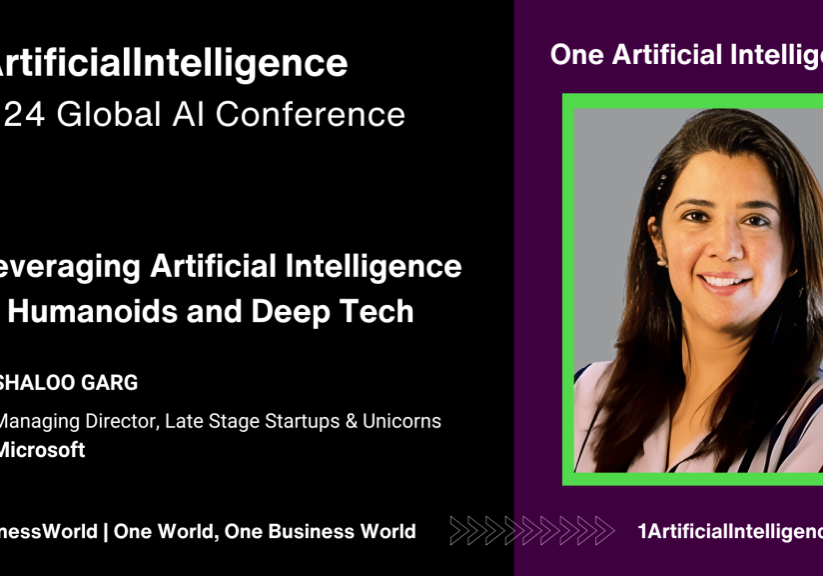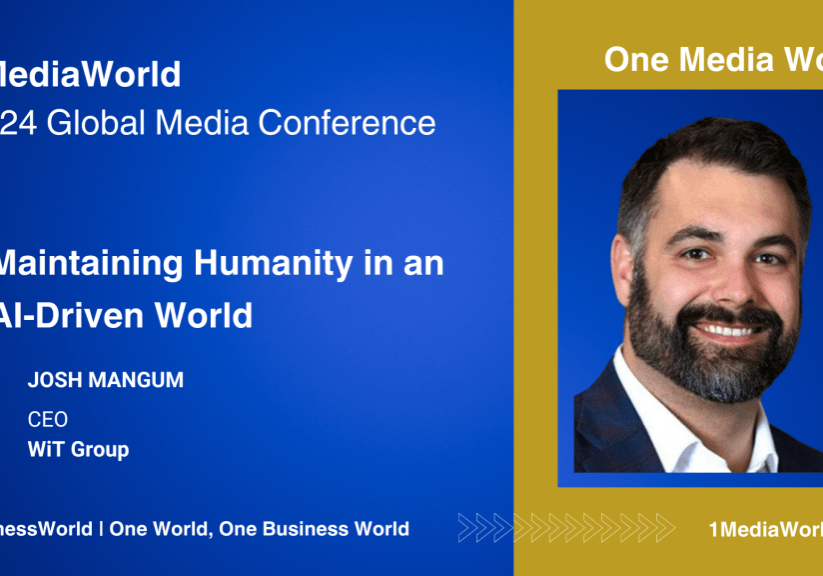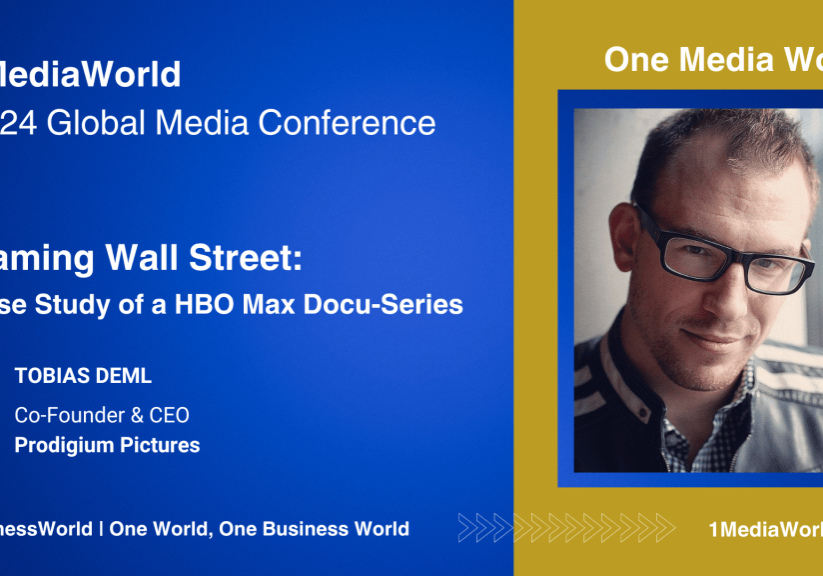
Dave Davis
Contributor
Dave Davis joined Copyright Clearance Center in 1994 and currently serves as a research analyst. He previously held directorships in both public libraries and corporate libraries and earned joint master’s degrees in Library and Information Sciences and Medieval European History from Catholic University of America.
More posts by this contributor
Is there potential for blockchain in copyright and licensing applications?
Are rightsholders ready for public domain day?
Several years ago, I wrote a piece titled “How AI and copyright would work.”
As I looked over the state of several interesting questions at the intersection of artificial intelligence and copyright at that time, my bottom line was pretty simple: If the copyright laws and regulations required a work to contain the expression of a human person, then that body of law (especially the text of the statutes, e.g., Title 17 in the U.S., but also the common law or civil law history of cases) did not yet countenance the assertedly “independent” creations of an AI, of which there are many types.
That is, at least in the U.S., essentially still the case. However, there’s been a significant volume of water that’s passed under the policy and lawmaking bridge since then, so I wanted to revisit the question.
First, let’s back up a little.
I have to admit that my reasoning in 2018 was narrow rather than broad. In this way, it was also based on that of the U.S. Copyright Office or USCO (see, for example, the Compendium of U.S. Copyright Of …
